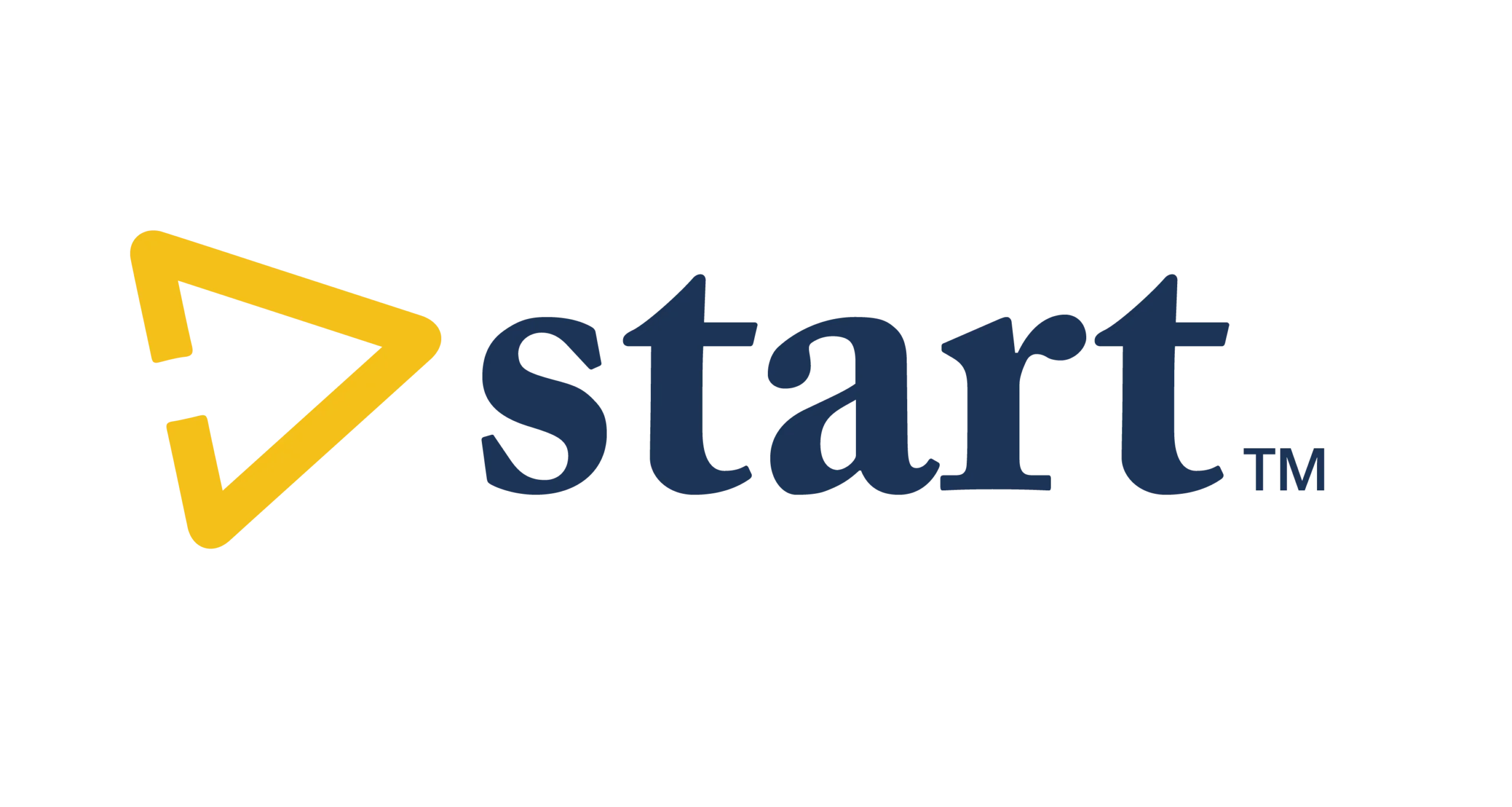
Millennials are on the brink of of retirement planning, a task that can be rather daunting, especially when dealing with the financial burdens of student loans and housing expenses that often rival the cost of a mortgage. However, there’s an underappreciated financial tool that deserves a spotlight: Health Savings Accounts (HSAs). These accounts are not just about tackling medical bills; they’re covert allies working to help you craft a secure retirement nest egg.
Understanding HSAs
A Health Savings Account, commonly known as an HSA, is a tax-advantaged savings account designed to support individuals with high-deductible health plans (HDHPs) in managing their healthcare expenses. Contributions made to an HSA are tax-deductible, and the funds grow without incurring taxes. Moreover, withdrawals are entirely tax-free when used for qualified medical expenses. Beyond their primary healthcare role, HSAs have a hidden potential as a vehicle for retirement savings.
The Millennial Retirement Challenge
Millennials face a unique set of hurdles when it comes to saving for retirement. These challenges arise from the weight of student loan debt, soaring housing costs, and fierce competition in the job market. As a result, planning for retirement often gets relegated to the back burner. However, overlooking retirement planning can have dire consequences, and this is precisely where HSAs can step in as a pivotal player.
The HSA Retirement Strategy
One of the most compelling reasons to consider HSAs for retirement lies in their triple-tax advantage. Your contributions to an HSA lower your taxable income for the year, the assets within the account grow tax-free, and withdrawals for qualified medical expenses remain untaxed. This tax-efficient structure can be a powerful tool for maximizing your retirement savings.
Most HSA providers offer a range of investment options, such as mutual funds, stocks, and bonds. Millennials can harness these investment opportunities to cultivate their HSA funds over time. Through strategic diversification of their portfolio, HSA holders can capitalize on the power of compounding returns, potentially amassing a substantial retirement fund.
Another noteworthy feature is the flexibility to use HSA funds for a wide array of medical expenses, including Medicare premiums, long-term care insurance, and various out-of-pocket costs. This approach allows individuals to preserve other retirement accounts, such as 401(k)s and IRAs, for non-medical expenses.
Unlike certain retirement accounts, HSAs do not impose an age limit on contributions. This means that individuals can continue building their HSA balance even after reaching the conventional retirement age. This flexibility can be especially advantageous for those planning to work part-time or freelance during their retirement years.
For those nearing retirement, there’s an additional perk – catch-up contributions are permitted in HSAs for individuals aged 55 and older. This option empowers individuals to bolster their HSA savings during the crucial years leading up to retirement.
Summary
Health Savings Accounts present millennials with a valuable tool to secure a comfortable retirement. With their triple tax benefits, investment opportunities, and flexibility in covering medical expenses, HSAs can complement traditional retirement savings accounts. By incorporating HSAs into your retirement strategy, you can better prepare for the future while also ensuring financial security for healthcare expenses during retirement. No need to delay; start harnessing the potential of your HSA today to pave the way for a more secure tomorrow.
And for those in search of an HSA-compatible health plan, consider exploring Start Health – a health insurance alternative that offers substantial premium savings and seamlessly aligns with HSAs.
